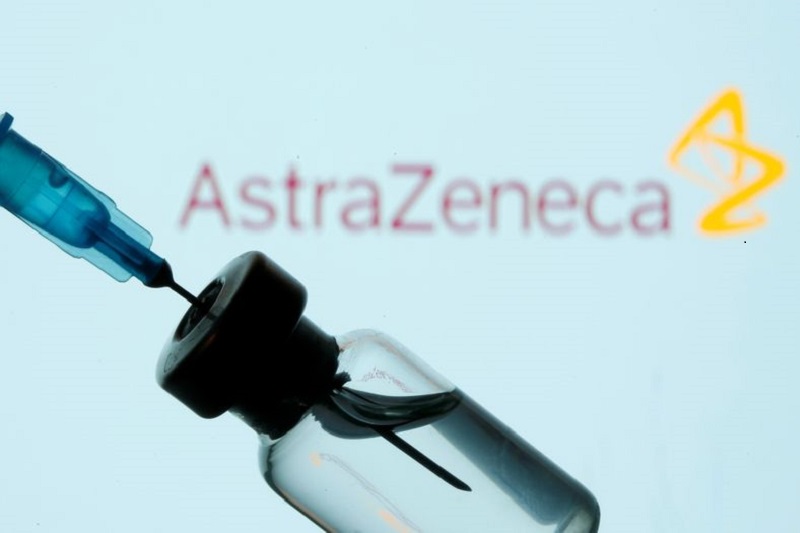Verizon to cut 15,000 jobs amid growing competition pressures - WSJ
Investing.com -- Deutsche Bank has downgraded AstraZeneca to Sell, cutting its price target to 10,500 pence from 11,000 pence, flagging diminishing confidence in the company’s oncology pipeline and mounting patent risks.
Shares in the British-Swedish pharma and biotech company fell 1% in London trading.
Deutsche Bank had previously upgraded AstraZeneca to Hold during what it described as the company’s “China episode,” but noted that the shares have continued to trade near the top of their recent range and remain a favourite among specialist investors.
“With AZN at the top of its recent (price) trading range, we take the opportunity to turn more explicitly negative,” analyst Emmanuel Papadakis wrote.
He points out that the stock’s current valuation of around 17 times estimated 2026 earnings sits only mid-range historically, but the outlook has now changed.
“It is however beyond the HER2/TROP2 pipeline heydays in our view and much closer to material patent pressures,” he said.
The price target cut reflects what Papadakis describes as reduced confidence in the breast cancer drug pipeline following a detailed sector review.
In particular, he said the team has concluded that selective oestrogen receptor degraders, including AstraZeneca’s camizestrant, are unlikely to offer “meaningful benefit over current standard of care in all-comers.”
As a result, the bank now applies a lower multiple of 14 times full-year 2026 (FY26) earnings, in line with peers.
Papadakis highlights the scale of the breast cancer market, which has grown to more than $40 billion and accounts for around 10% of U.S. pharmaceutical sales.
Consensus expects the therapeutic area to expand to $60 billion by 2030, driven by AstraZeneca’s Enhertu, which is projected to exceed $11 billion in sales, and the CDK4/6 inhibitor class, forecast at around $20 billion, more than half of which is expected to go to Novartis.
Smaller revenue contributions are expected from AKT/PI3K therapies shared between AstraZeneca and Roche, and TROP2 drugs, while Roche’s HER2 franchise is seen declining toward $6 billion.
Papadakis said that assumption is now “somewhat more realistic than in the past,” though he remains below consensus on that trajectory.
